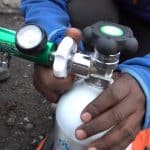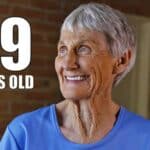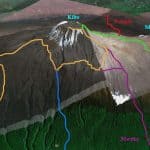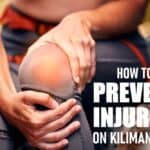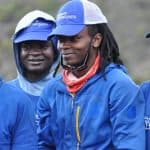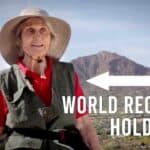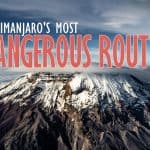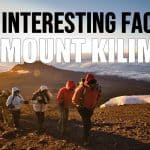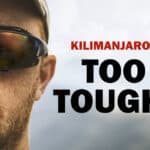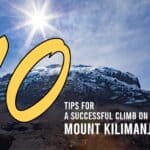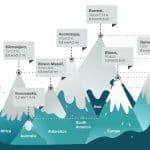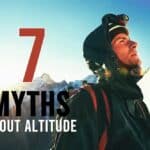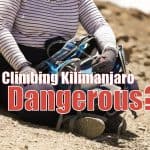We encourage everyone to have a medical check prior to attempting the mountain.
Ask your doctor if high altitude trekking is permissible for your age, fitness level and health condition. Determine whether you have any preexisting medical conditions that can cause problems on the climb. Make sure you understand how your medications can affect altitude acclimatization. And inquire whether Diamox can be taken with your existing prescription medicines.

Pre-existing Medical Issues
If you have any medical issues that can be make climbing Kilimanjaro more dangerous for you than the average person, we need to be informed of this before you book.
Such medical issues include but are not limited to: spine problems; circulation problems; internal problems such as diabetes, hypoglycemia, intestinal or kidney problems; respiratory issues such as asthma; high or low blood pressure; head trauma or injury; heart conditions; blood disease; hearing or vision impairment; cancer; seizure disorders; joint dislocations; sprains; hernia.
Minors and Older Climbers
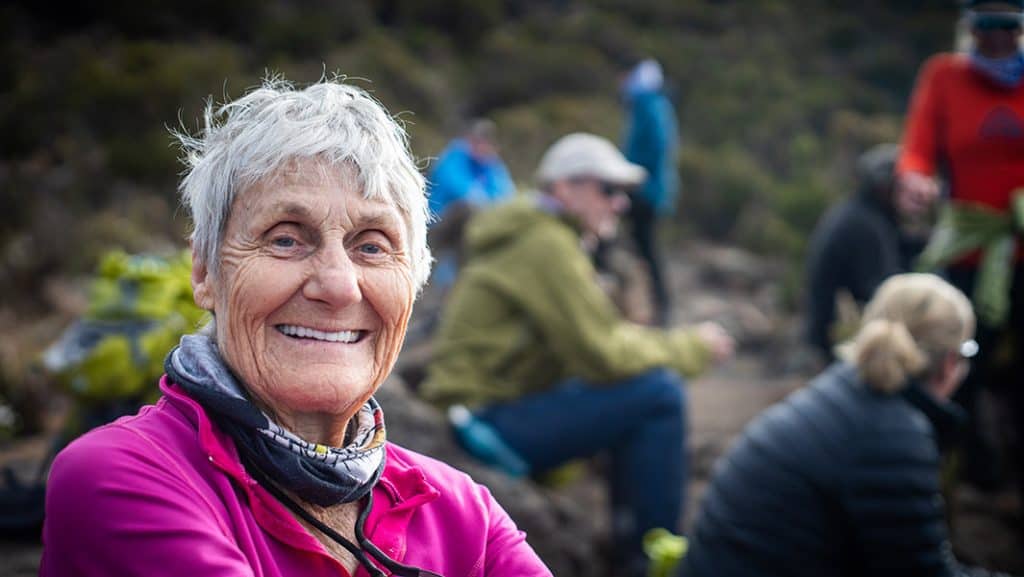
The minimum age for climbing Mount Kilimanjaro is 10 years old.
There is no maximum age. In fact, the world record holder for the oldest person to climb Kilimanjaro, Anne Lorimor, summited at age 89 with Ultimate Kilimanjaro®. However, the climb is strenuous and presents health risks, especially to people in high risk categories.
Serious consideration should be given to anyone under the age of 18 and over the age of 60. The climbers on the extreme ends of the age spectrum should definitely consult their doctor.
Minimum Fitness Requirements
Our minimum fitness requirements are that each climber must have a resting heart rate of under 100 beats per minute.
We will check your resting heart rate before your climb. If your resting heart rate is above 100, you will be required to see a local doctor prior to the climb to get approval. The average resting heart rate is 60-80 beats per minute.



